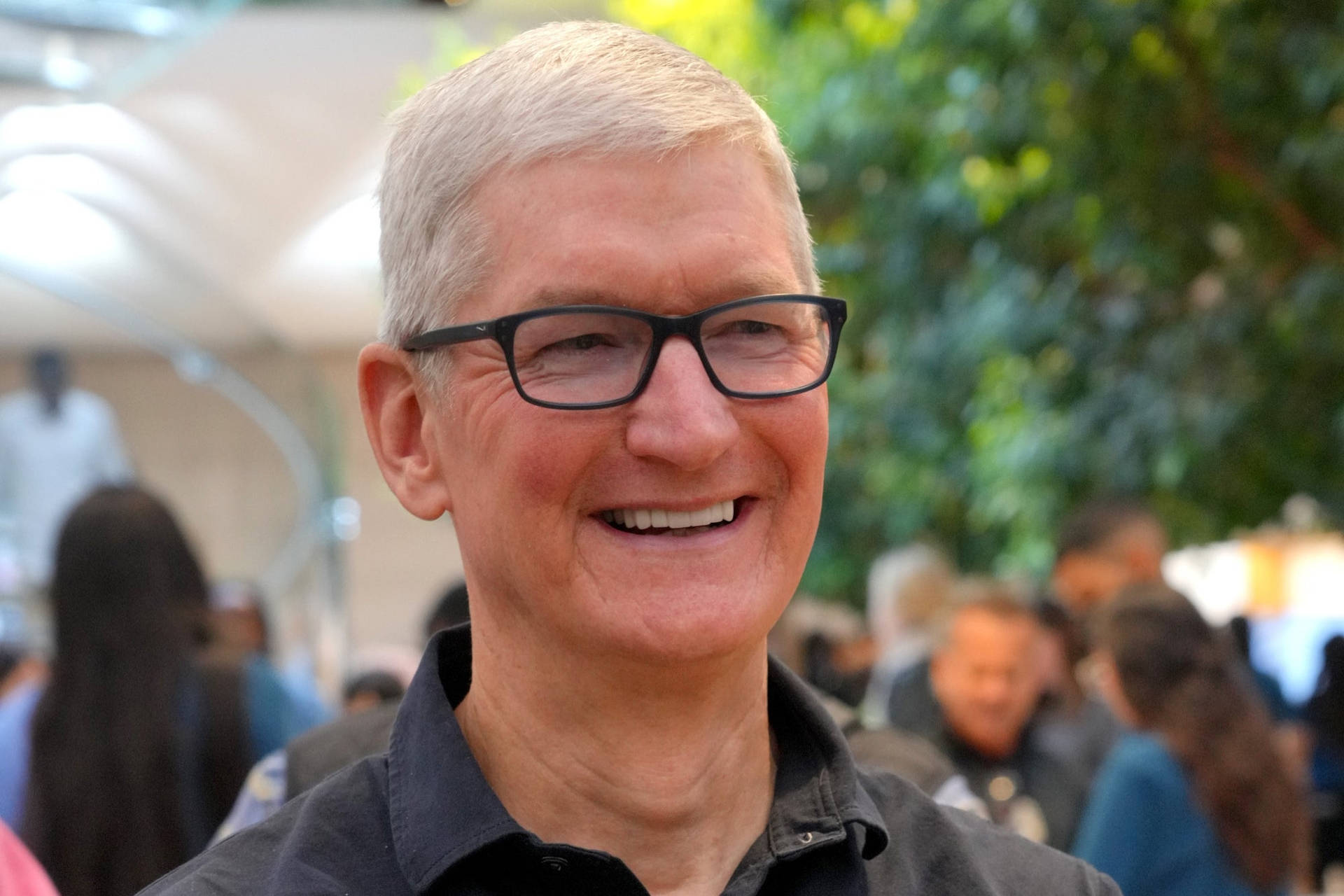Tim Howard Net Worth: Understanding A Soccer Star's Financial Journey
Figuring out what a well-known person, like a soccer star, has financially can feel a bit like trying to piece together a puzzle with some missing parts, you know? It's often a topic that sparks a lot of interest, as people wonder about the earnings, endorsements, and life choices that shape a public figure's financial standing. For someone like Tim Howard, a name synonymous with incredible saves and a long, distinguished career in soccer, his financial journey is certainly a subject that piques curiosity.
When we talk about a professional athlete's net worth, it's not just about their salary during their playing days. There are so many other pieces that fit into that picture, like sponsorship deals, smart investments, and even ventures they pursue once their playing career winds down. It's a rather complex mix, often involving a team of advisors, and it truly reflects a lifetime of decisions and opportunities, so to speak.
This article aims to explore the various elements that typically contribute to a soccer player's financial health, using Tim Howard as a compelling example. We'll look at the general ways athletes build their wealth, discuss some of Howard's career highlights that would have influenced his earnings, and touch upon the broader aspects of managing such a public financial life. You'll get a clearer picture of how these figures are often calculated and what goes into building a substantial financial legacy for someone in the sports world.
Table of Contents
- Biography of Tim Howard
- Personal Details and Bio Data
- What Shapes a Soccer Player's Net Worth?
- Tim Howard's Career Highlights and Financial Impact
- Managing Wealth in the Public Eye
- Frequently Asked Questions About Athlete Finances
- Conclusion: The Legacy of a Goalkeeper
Biography of Tim Howard
Tim Howard is a well-known American professional soccer player who gained immense fame as a goalkeeper. Born in North Brunswick, New Jersey, his journey in soccer began quite early, showing a natural talent for the sport. He actually started his professional club career with the North Jersey Imperials before making a significant move to Major League Soccer (MLS) with the MetroStars, which later became the New York Red Bulls. His performances there really caught the eye of European scouts, leading to a big step across the pond.
In 2003, Howard joined one of the biggest clubs in the world, Manchester United, a rather huge moment for any player, especially an American. While his time there had its ups and downs, he gained invaluable experience playing at the highest level of English football. After a few years, he made a move to Everton, where he truly established himself as a Premier League legend. He spent a decade with Everton, becoming a fan favorite and making countless memorable saves, so he did. His consistency and leadership during this period really cemented his place as one of the league's top goalkeepers.
Beyond his club career, Tim Howard was also a central figure for the United States Men's National Team (USMNT). He represented his country in multiple FIFA World Cups, with his performance in the 2014 World Cup against Belgium being particularly legendary. In that match, he set a World Cup record for the most saves in a single game, which was just incredible. After a long and distinguished career in Europe, he returned to MLS, playing for the Colorado Rapids before eventually retiring from professional soccer, though he did briefly come out of retirement for Memphis 901 FC, a team he also co-owns. His career, you know, spans several decades and multiple continents, truly leaving a mark on the sport.
Personal Details and Bio Data
| Full Name | Timothy Matthew Howard |
| Date of Birth | March 6, 1979 |
| Place of Birth | North Brunswick, New Jersey, USA |
| Nationality | American |
| Height | 6 ft 3 in (1.91 m) |
| Playing Position | Goalkeeper |
| Professional Debut | 1997 |
| Main Clubs | MetroStars, Manchester United, Everton, Colorado Rapids |
| International Caps | 121 (for USMNT) |
| Notable Achievements | 2014 FIFA World Cup Most Saves Record, FA Cup (with Man Utd), U.S. Soccer Male Athlete of the Year (multiple times) |
What Shapes a Soccer Player's Net Worth?
When we consider a soccer player's net worth, it's not just about what they earn on the field. There are several income streams and financial decisions that collectively build up their overall wealth. It's a bit like, you know, building a complex structure where each part adds to the whole, making it stronger and more substantial.
Professional Salaries
The most obvious component of an athlete's net worth is their professional salary. Top-tier soccer players, especially those in major leagues like the Premier League, La Liga, or MLS, command significant wages. These salaries are often structured with base pay, performance bonuses, and loyalty incentives. A player's skill level, their position, their experience, and their market demand all play a big role in how much they can earn. For a goalkeeper of Tim Howard's caliber, who played for years in one of the world's most lucrative leagues, his career earnings from salaries alone would have been quite substantial, so they would.
It's also worth remembering that contracts can vary wildly. Some players might have shorter, high-value deals, while others might sign longer-term agreements with more consistent, but perhaps lower, annual pay. The negotiation process, you know, is key here, and agents play a vital role in securing the best possible terms for their clients. Like a well-optimized system, a good contract ensures a steady flow of resources.
Endorsement Deals and Sponsorships
Beyond salaries, endorsement deals are a huge contributor to an athlete's net worth. Famous players attract big brands looking to promote their products. These deals can range from sportswear companies to food and beverage brands, and even technology companies. For someone with a global profile like Tim Howard, these partnerships could have been very lucrative. These agreements often involve appearances, advertising campaigns, and social media promotions, basically turning the athlete into a walking billboard, in a good way, that is. Learn more about soccer careers on our site.
The value of an endorsement deal isn't just about the player's performance on the field; it's also about their public image, their marketability, and their reach. A player who is charismatic, well-spoken, and has a strong fan base can command much higher endorsement fees. It's a bit like a message app that has a huge user base – the more people it connects, the more valuable it becomes to advertisers, you know? Howard's distinctive appearance and his compelling story, especially his openness about living with Tourette Syndrome, made him a unique and relatable figure for many brands.
Investments and Business Ventures
Smart athletes, or those with good financial advisors, often invest their earnings into various assets or business ventures. This can include real estate, stocks, private equity, or even starting their own companies. These investments can grow over time, adding significantly to their overall net worth long after their playing days are over. For example, some athletes get involved in restaurant chains, sports academies, or even tech startups. It's about making your money work for you, which is a pretty sound principle, really.
The decision to invest wisely is a bit like choosing the right software for your office computer, you know? If you pick one that's "清爽" (clean) and efficient, it helps your operations run smoothly. Similarly, well-chosen investments, even if they seem a bit "占用内存比QQ要大得多" (occupying more memory than QQ) in terms of initial thought or effort, can yield substantial returns. It's about long-term gain rather than just immediate gratification. Many athletes, including potentially Tim Howard, would have had a diverse portfolio of investments to secure their financial future.
Post-Playing Career Earnings
A player's net worth doesn't stop growing when they retire from playing. Many former athletes transition into new roles that continue to generate income. This could be as a sports commentator, a coach, a club ambassador, or even a media personality. Tim Howard, for instance, has worked as a commentator for NBC Sports and ESPN, keeping him connected to the game and providing another income stream. Some players also pursue entrepreneurial endeavors or take on executive roles within sports organizations. This continued engagement is crucial for maintaining and growing their wealth, so it is.
The ability to pivot and find new avenues for income is a testament to an athlete's adaptability. It's a bit like a software team that doesn't disband but instead shifts its focus to a new project, you know, like the "Tim团队没有解散,之前一阵子负责做腾讯文档去了" (Tim team didn't disband, they went to work on Tencent Docs). This shift allows them to continue contributing and earning in different capacities. For Tim Howard, his deep knowledge of the game and his public recognition make him a valuable asset in various post-playing roles, contributing to his overall financial picture, pretty much.
Tim Howard's Career Highlights and Financial Impact
Tim Howard's career was marked by several significant milestones that would have directly impacted his earning potential. His move to Manchester United in 2003, for instance, would have come with a substantial increase in salary and exposure. Playing for such a globally recognized club automatically elevates a player's market value, both on and off the field. This period, while sometimes challenging, really put him on the world stage, which is a big deal.
His decade-long tenure at Everton, from 2006 to 2016, was arguably the most consistent and impactful period of his club career. As a key player for a Premier League team, he would have commanded a strong salary throughout these years. His consistent performance and leadership qualities made him a valuable asset, and such reliability often translates into lucrative contract renewals and bonuses. It's a bit like a system that just works well, consistently delivering, so you keep investing in it, you know?
Internationally, Howard's performances for the USMNT, especially in the World Cups, significantly boosted his profile. The 2014 World Cup, in particular, where he made that incredible 16-save performance against Belgium, turned him into a national hero. Such moments of widespread recognition lead to increased media attention, more endorsement opportunities, and a higher overall public valuation. This kind of fame, you know, is priceless for attracting commercial partners and building a lasting brand.
Even his return to MLS with the Colorado Rapids and later his involvement with Memphis 901 FC, where he served as sporting director and co-owner, show a continued engagement with the sport that extends beyond just playing. These roles offer different financial avenues, from ownership stakes to executive salaries, demonstrating a long-term financial strategy. It's about leveraging experience and passion into continued financial growth, a bit like how a platform needs enough users to thrive, otherwise, "流失不可避" (loss is unavoidable) if it can't connect people, which is something that applies to business ventures too, in a way.
Managing Wealth in the Public Eye
For high-profile athletes like Tim Howard, managing their wealth isn't just about making money; it's also about protecting it and making it grow responsibly, all while under public scrutiny. Financial privacy can be a bit of a challenge when you're a famous personality. People are always curious, and sometimes, you know, details can leak out. This makes it even more important to have trusted financial advisors and a solid strategy in place. It's kind of like how a messaging app needs to protect user privacy, especially when it comes to sharing information, which is something to consider if you have "投屏的要求" (screen projection requirements) and want to keep things separate.
Athletes often face unique financial pressures, too. They have a relatively short career window compared to other professions, meaning they need to maximize their earnings and plan for a long post-retirement life. There's also the temptation of flashy spending, which can quickly deplete even a large fortune if not managed carefully. Therefore, discipline and foresight are absolutely key. It's not just about how much you earn, but how wisely you manage those earnings, pretty much.
The complexities of taxes, international financial regulations (especially for players who move between countries), and investment risks all add layers to wealth management for athletes. It requires a sophisticated approach, often involving a team of experts, including accountants, lawyers, and financial planners. This "team" works to ensure that the athlete's finances are handled effectively and ethically, allowing them to focus on their primary profession while playing, and then transition smoothly into new roles later on, you know?
Ultimately, a player's net worth is a dynamic figure, always changing based on new income, investments, and expenses. It's a snapshot of their financial health at a given moment, reflecting their career choices and financial acumen over many years. For someone like Tim Howard, his net worth is a testament to a long, successful career and, presumably, sound financial planning, which is something to be admired.
Frequently Asked Questions About Athlete Finances
Many people have questions about how athletes earn and manage their money. Here are some common inquiries:
Q: How do athletes typically invest their money?
A: Athletes often invest in a diverse range of assets, you know, to spread risk and encourage growth. This commonly includes real estate, which can provide stable returns and act as a tangible asset. They might also put money into stocks and bonds, which are more traditional investment vehicles. Some also venture into private equity or even start their own businesses, leveraging their personal brand and network. It's about building a robust portfolio, basically, for long-term financial security.
Q: Do athletes pay a lot in taxes?
A: Yes, athletes generally face significant tax obligations, especially those who play in multiple countries or states. They often have to pay income tax in every jurisdiction where they earn money, which can be quite complex. High salaries naturally place them in higher tax brackets, and they may also be subject to various other taxes, like social security contributions. It really requires meticulous planning and expert advice to manage these tax burdens effectively, so it does.
Q: What happens to an athlete's net worth after they retire?
A: After retirement, an athlete's net worth can either continue to grow or decline, depending on their post-playing career choices and financial management. Many transition into roles like sports commentary, coaching, or brand ambassadorships, which provide ongoing income. Others might focus on business ventures or investments they made during their playing days. The key is to have a solid financial plan in place that accounts for the end of their primary playing career, ensuring a sustainable income flow. It's about not being cut off from the "消息" (news/income) stream, you know, even if the primary source changes.
Conclusion: The Legacy of a Goalkeeper
Tim Howard's journey in soccer is a remarkable one, stretching over two decades and seeing him perform at the very highest levels of the sport. His career, marked by incredible saves, unwavering dedication, and a strong public presence, naturally comes with significant financial implications. The various components we've discussed – from substantial salaries earned in top leagues to lucrative endorsement deals and smart post-playing career moves – all contribute to his overall financial standing. It's a complex picture, really, reflecting not just his talent on the field but also the strategic decisions made off it. You can find more insights on athlete endorsements.
Understanding the net worth of a sports personality like Tim Howard means looking beyond just the numbers reported at any given moment. It involves appreciating the long game of financial planning, the impact of global fame, and the continued opportunities that arise from a well-managed public image. His story, in a way, serves as a great example of how a successful career in professional sports can translate into a lasting financial legacy, something that continues to evolve even after the final whistle blows on the playing field. It's pretty fascinating, you know, how all these elements come together.

TIM Group | TIM: Board of Directors approves TIM’s 2024-2026 ‘Free to

Download Apple CEO Tim Cook Captured in Action Wallpaper | Wallpapers.com

14 Facts About TIM - Facts.net